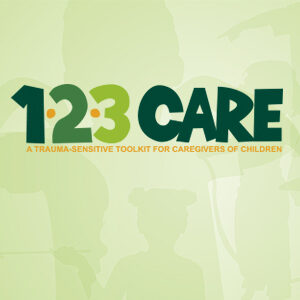Contact Us
Summary Overview
Breastfeeding offers many benefits. Breast milk is easy to digest and contains antibodies that can protect infants from bacterial and viral infections. Infants who are breastfed are less likely to become overweight or obese children or adolescents when compared to infants who were only bottle-fed.
Basics
Benefits of breastfeeding for the baby-
- Breast milk is very rich in nutrients and antibodies that protect your baby.
- Breast milk has the right amount of fat, sugar, water and protein to help your baby grow.
- Breast milk is easier for babies to digest than formula.
- Breast milk fights disease. The cells, hormones and antibodies that are in breast milk protect babies from illness.
- Breastfeeding lowers the risk of SIDS or sudden infant death syndrome.
Benefits of breastfeeding for the mother-
- Breastfeeding can save money from formula and feeding supplies. Babies who are breastfed are also sick less often, therefore lowering potential health care costs. Mothers can benefit from the physical contact and closeness that they experience with their baby. The skin-to-skin contact boosts the mother’s oxytocin levels which is a hormone that helps milk flow and can relax the mother.
- Breastfeeding can lower the risk of health problems in women. The risk of diseases such as type 2 diabetes, breast cancer, ovarian cancer and postpartum depression can be decreased.
Learning to breastfeed-
- Breastfeed as soon as possible after birth.
- Ask for an on-site lactation consultant to come help you.
- Ask the hospital staff not to give your baby other food or formula unless medically necessary.
- Avoid giving your baby any pacifiers or artificial so that they can get used to latching on to your breast.
Duration of breastfeeding-
- The American Academy of Pediatrics (AAP) recommends that breastfeeding continue for at least 12 months, and thereafter for as long as mother and baby desire. The World Health Organization recommends continued breastfeeding up to 2 years of age or beyond.
Proper handling and storage of human milk-
By following safe preparation and storage techniques, nursing mothers and caretakers of breastfed infants and children can maintain the high quality of expressed breast milk and the health of the baby.
- Preparing and Storing Expressed Breast Milk
- Make you wash your hands before expressing or handling breast milk
- When collecting milk, make sure you store it in clean containers. Any screw cap bottles, hard plastic cups or heavy-duty bags should all be clean.
- If you are delivering breast milk to a child care provider, make sure you clearly label the child’s name and the date.
- Clearly label the milk with the date. Use the oldest milk first.
- Do not add fresh milk to already frozen milk within a storage container.
- Do not save milk from a used bottle to use at another time
- Thawing Breast Milk
- Thaw frozen breast milk by removing it from the freezing and transferring it to the refrigerator.
- Avoid using a microwave oven to thaw or heat bottles of breast milk as microwaves don’t heat liquids evenly.
- Don’t refreeze breast milk once it’s been thawed
Breastfeeding Protects Your Baby
Spokane or Washington Specific Data
Recommendations
When not to breastfeed-
- An infant whose mother uses illegal drugs, abuses alcohol, has untreated active tuberculosis or has HIV should not be breastfed.
- Although most medications are safe for the breastfed infant, there are a few medications that mothers may need to take that may make it necessary to interrupt breastfeeding temporarily.
Related Facts

Breastfeeding is one of the most effective ways to ensure child health and survival.


